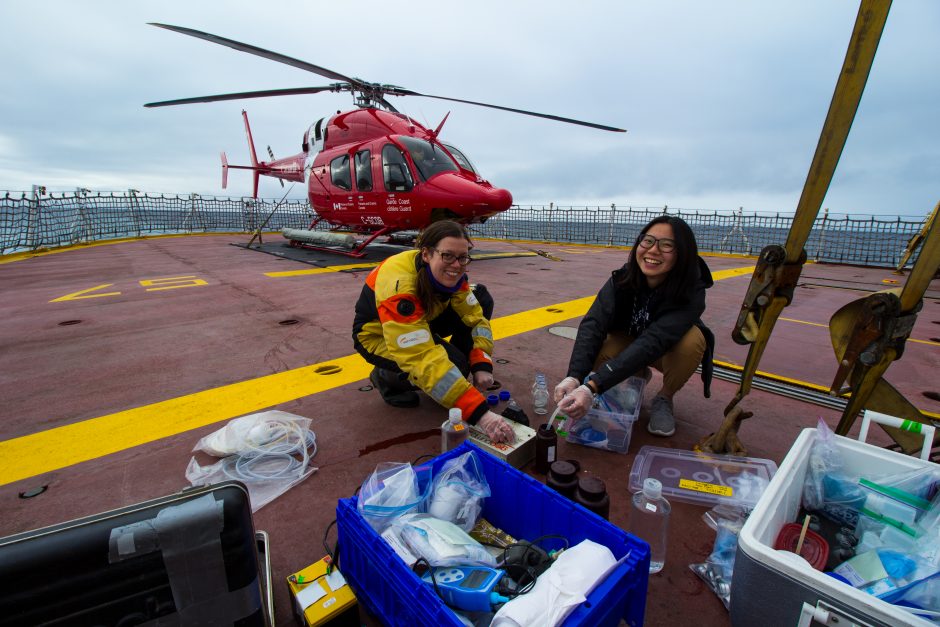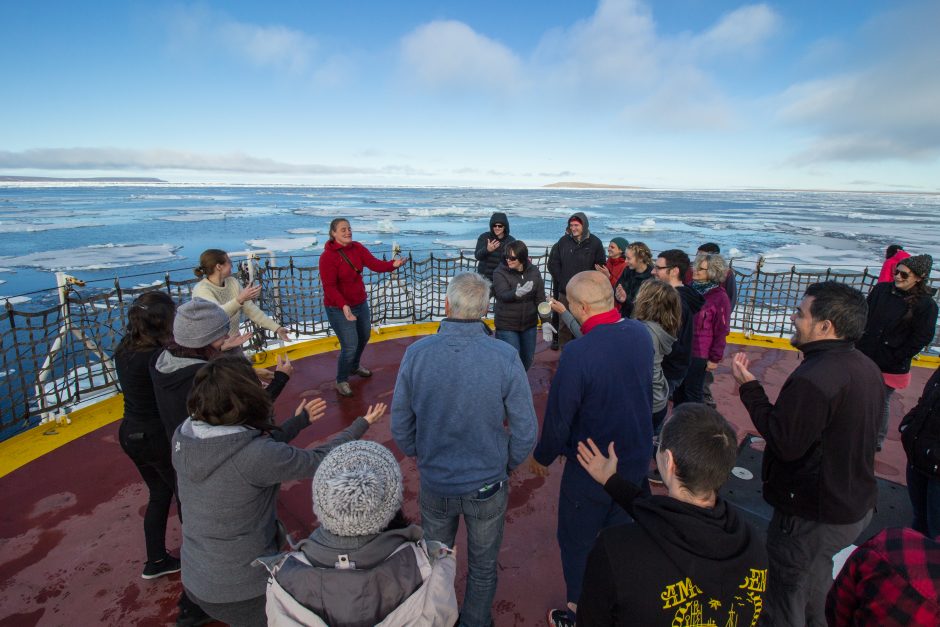About
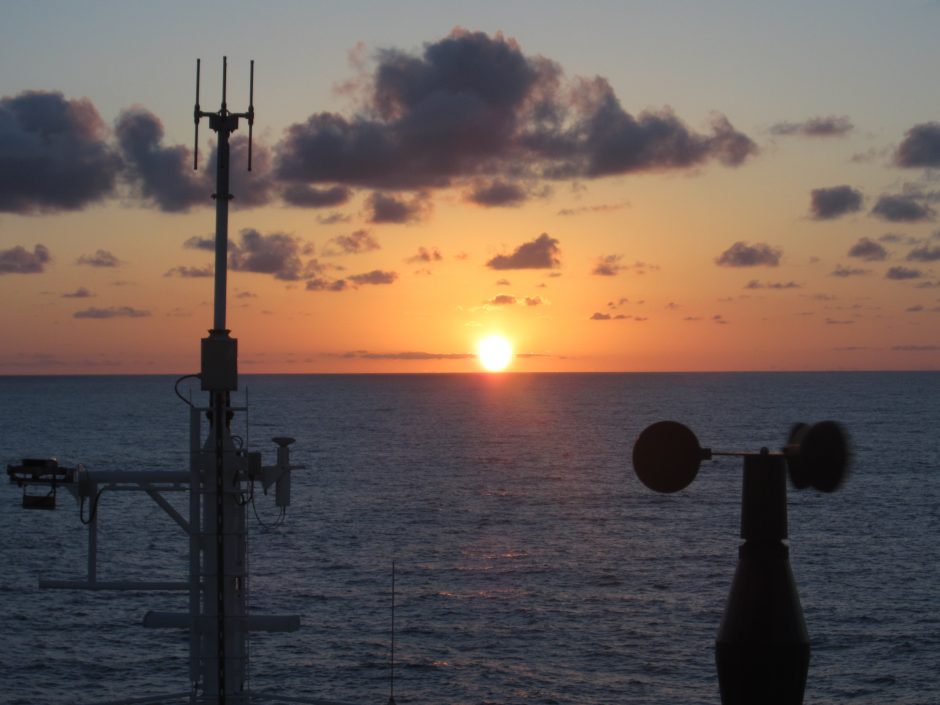
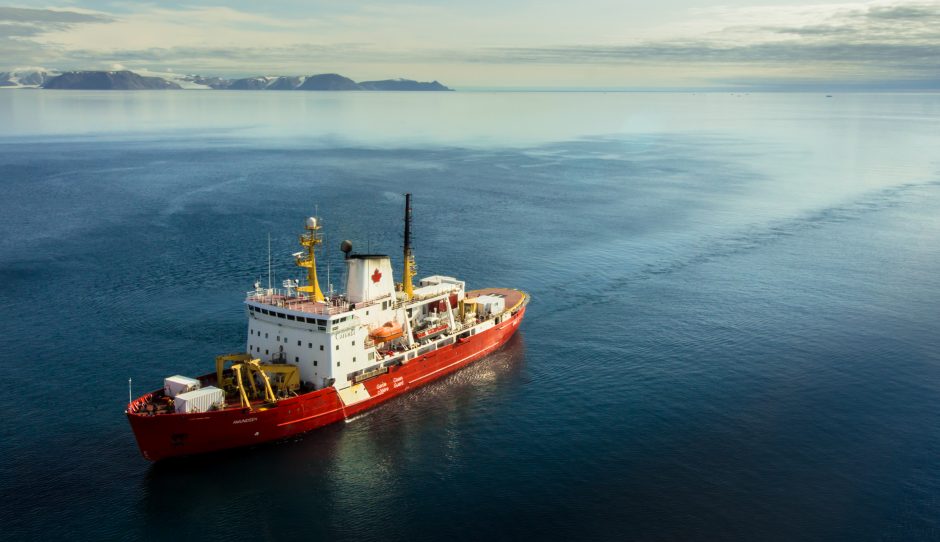
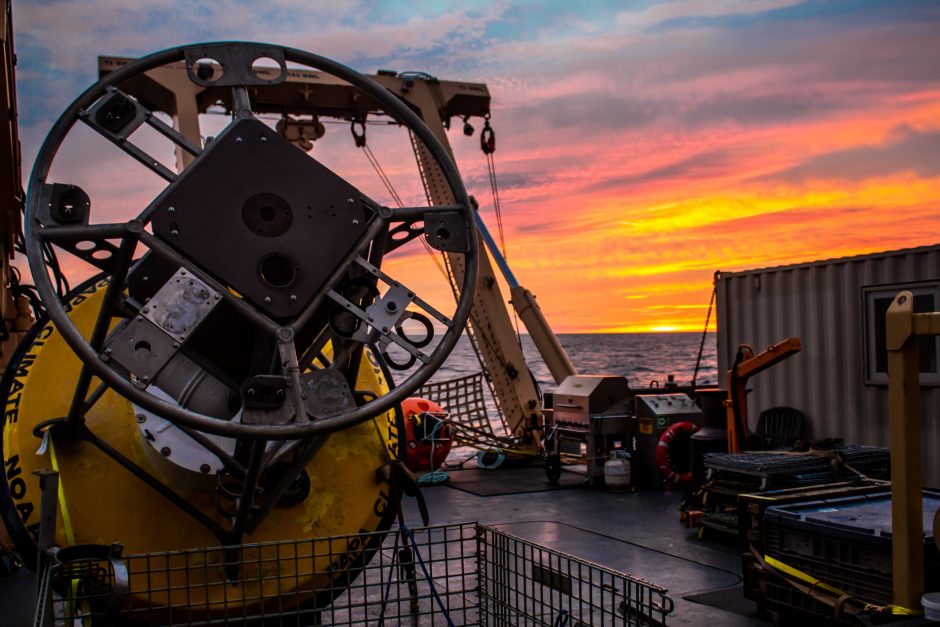
Canada needs ocean-data experts
The Organization for Economic Co-operation and Development (OECD) has called the ocean the new economic frontier, representing immense resource wealth, and potential economic growth, employment, and innovation. Accordingly, the OECD forecasts that the global ocean economy will more than double by 2030 to an estimated value of $3 trillion USD. This will occur against a backdrop of large-scale change sweeping across the global oceans, from altered circulation patterns, acidification, and deoxygenation, to diminishing fish stocks and increased shipping traffic.
Canada – with the world’s longest coastline and some of the most abundant ocean resources – must harness new marine technology to responsibly develop its ocean economy in the face of significant environmental pressure. As outlined in the Federal Government’s $1.5-billion Oceans Protection Plan (2018), this challenge requires large investments in infrastructure, and highly qualified personnel to apply state-of-the-art ocean observing technology, data analytics, and visualization tools for the collection, analysis, and communication of ocean data.
PRODIGY trains ocean-data leaders
The Pacific Rim Ocean Data Mobilization and Technology (PRODIGY) program aims to meet this need, bridging the fields of oceanography, geophysics, computer science, and statistics to support advanced training in ocean observation, prediction, and knowledge mobilization.
Bringing together expertise from the Universities of British Columbia (UBC), Victoria (UVic), and Waterloo, our team will train three interdisciplinary cohorts across the ocean ‘data life cycle’ – from the deployment and testing of ocean sensors to data analysis and assimilation, numerical modeling and forecasting, and engagement with decision-makers and other stakeholders. We have partnered with the Millennium Institute of Oceanography (MIO) in Concepción, Chile, South America’s most prestigious center for marine research and training. Together, we will examine critical ocean issues across the eastern Pacific Rim, providing trainees with cross-cultural, international experience.
Through value-added training and mentoring activities, including course work, workshops, summer schools, international exchanges, and internships with partners in the ocean technology, government, NGO, and educational sectors, PRODIGY graduates will gain unique interdisciplinary knowledge and job-ready skills in emerging ocean observing technology and data science. Whether in academia, government, or industry, graduates will be equipped to advance the sustainable development of Canada’s future ocean economy.

